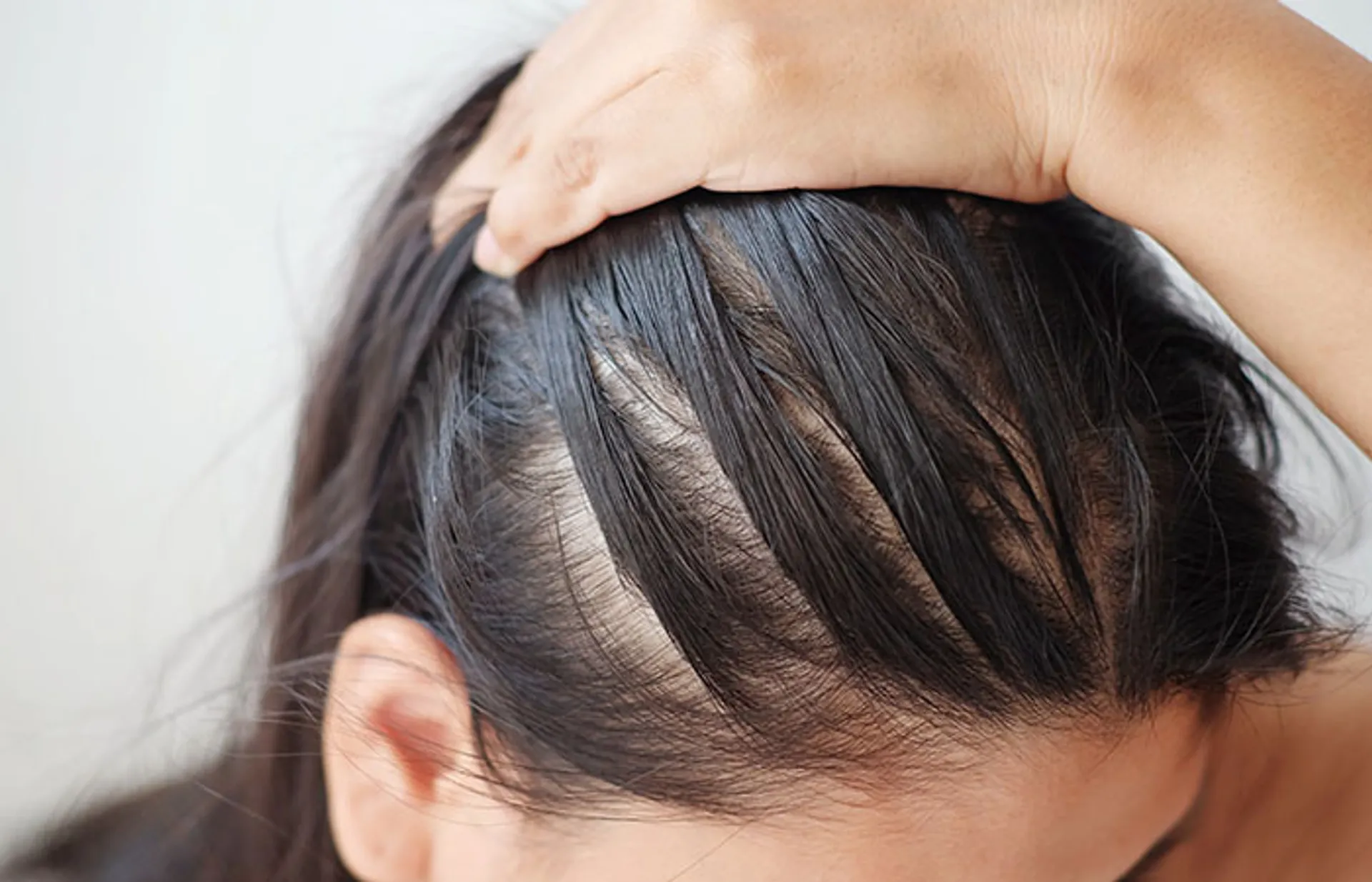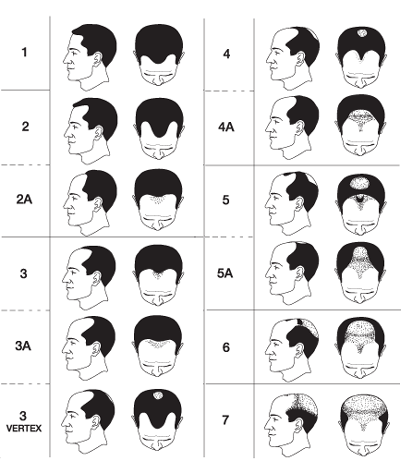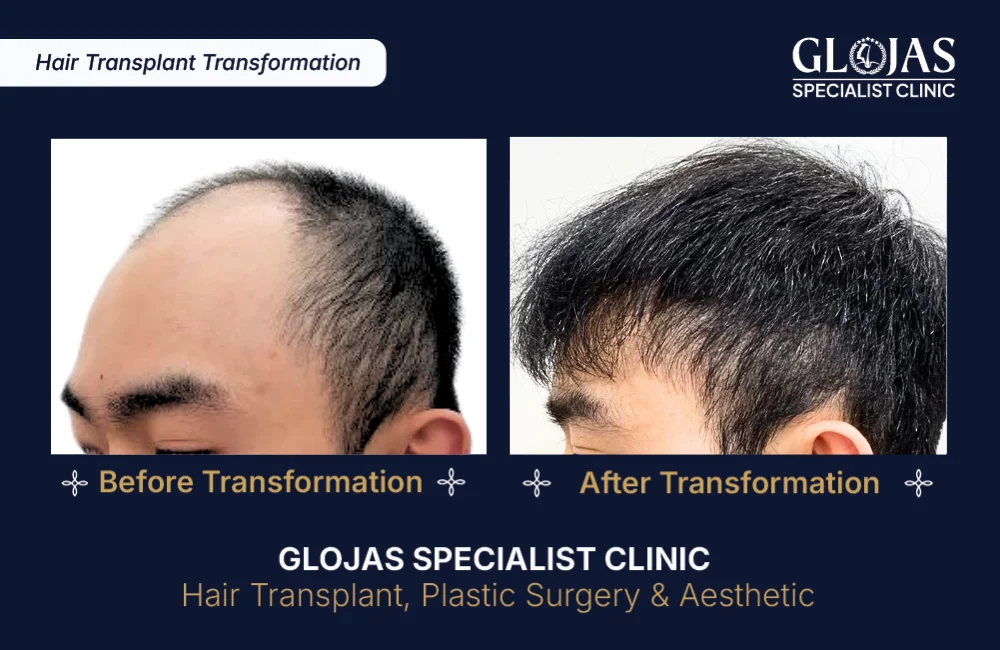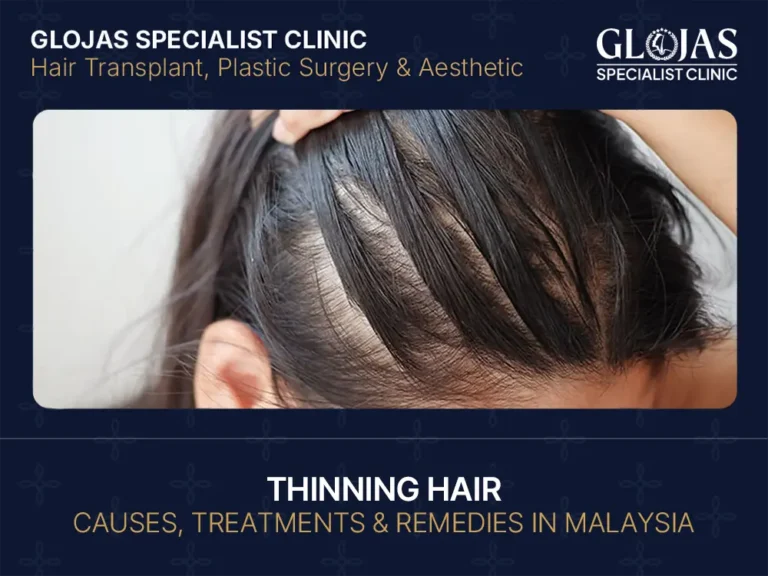Thinning hair is a common concern affecting millions of men and women worldwide. While it’s often associated with aging, hair thinning can start as early as your twenties due to genetics, hormonal changes, stress, or nutritional deficiencies. Understanding the causes and exploring effective treatments can help you maintain healthy hair and boost your confidence.
What Causes Thinning Hair?

Hair thinning occurs when the hair growth cycle is disrupted, leading to shorter, weaker strands and reduced hair density. The most common causes include:
1. Genetics
Male and female pattern baldness (androgenetic alopecia) is a hereditary condition linked to the hormone dihydrotestosterone (DHT), which can shrink hair follicles over time.
2. Hormonal Changes
Fluctuations in hormones, especially during pregnancy, menopause, or thyroid disorders, can trigger hair loss. Women are particularly prone to hair thinning after childbirth or during menopause.
3. Nutritional Deficiencies
A lack of essential nutrients such as biotin, vitamin D, zinc, and iron can weaken hair structure, leading to shedding and thinning. Maintaining a balanced diet is crucial for hair health.
4. Stress and Lifestyle
Chronic stress increases cortisol levels, which may negatively impact the hair growth cycle. Poor sleep, excessive heat styling, and harsh hair products can exacerbate hair thinning.
5. Medical Conditions and Medications
Certain medical conditions like alopecia areata, scalp infections, and autoimmune diseases can cause hair loss. Some medications, including chemotherapy, anticoagulants, and beta-blockers, may also contribute.
Signs of Thinning Hair

Recognizing early signs of hair thinning can help you take prompt action:
Widening parting or receding hairline
Hair shedding more than 100 strands per day
Noticeably reduced hair volume
Fragile, dry, or brittle hair
Bald patches or diffuse thinning on the scalp
If you notice these signs, consulting a dermatologist or trichologist can help determine the underlying cause and suitable treatment.
Effective Treatments for Thinning Hair
There are several medically-approved options to slow down or reverse hair thinning, ranging from topical treatments to advanced procedures.
1. Topical Solutions
Minoxidil: FDA-approved topical solution that stimulates hair follicles and promotes regrowth.
Hair serums: Formulated with vitamins, peptides, and natural extracts to strengthen hair strands.
2. Oral Medications
Finasteride: Reduces DHT levels in men, preventing further hair loss.
Nutritional supplements: Biotin, vitamin D, zinc, and collagen support hair growth and follicle health.
3. Non-Surgical Procedures
PRP (Platelet-Rich Plasma) Therapy: Uses your own platelets to stimulate hair follicles and improve hair density.
Low-level laser therapy (LLLT): Stimulates blood flow in the scalp to enhance hair growth.
4. Hair Transplant
FUE (Follicular Unit Extraction) and FUT (Follicular Unit Transplant) are surgical options for permanent hair restoration, ideal for advanced thinning or bald patches.
Remedies for Thinning Hair
Managing thinning hair effectively involves a combination of medical treatments, lifestyle changes, and proper hair care. Some proven remedies include:
Topical Treatments: Minoxidil stimulates hair follicles to promote regrowth and increase hair density.
Oral Medications & Supplements: Finasteride (for men) reduces DHT levels, while supplements like biotin, zinc, iron, and vitamin D support healthy hair growth.
Non-Surgical Procedures: PRP (Platelet-Rich Plasma) therapy and low-level laser therapy help rejuvenate hair follicles and improve scalp health.
Hair Transplant: For advanced thinning or bald patches, surgical options like FUE (Follicular Unit Extraction) restore hair permanently.
Lifestyle & Hair Care: Eat a nutrient-rich diet, manage stress, avoid tight hairstyles and harsh chemical treatments, and use gentle, sulfate-free shampoos.
Combining these remedies with early intervention can help slow hair thinning, stimulate hair regrowth, and improve overall hair health.
Best Foods to Combat Thinning Hair
Nutrition plays a vital role in maintaining strong, healthy hair. Incorporating the right foods can help prevent hair thinning and support hair regrowth:
Eggs: Rich in protein and biotin, essential for hair strength and growth.
Fatty Fish: Salmon, mackerel, and sardines provide omega-3 fatty acids that nourish hair follicles.
Spinach and Leafy Greens: High in iron, vitamins A and C, which help maintain scalp health.
Nuts and Seeds: Almonds, walnuts, and chia seeds supply zinc, vitamin E, and healthy fats that promote hair density.
Berries: Packed with antioxidants and vitamin C, they support collagen production for stronger hair.
Legumes: Beans, lentils, and chickpeas provide protein, iron, and biotin for hair growth.
Greek Yogurt: Offers protein and vitamin B5 (pantothenic acid), which may improve blood flow to hair follicles.
Eating a balanced diet rich in these nutrients can reduce hair shedding, strengthen hair strands, and support long-term hair regrowth.
Lifestyle Tips to Prevent Hair Thinning
In addition to treatments, lifestyle adjustments can support hair health:
Maintain a balanced diet rich in protein, vitamins, and minerals
Avoid excessive heat styling and chemical treatments
Practice stress management techniques like yoga or meditation
Use gentle hair care products free from sulfates and parabens
Massage your scalp regularly to improve blood circulation
Frequently Asked Questions (FAQs)
1. Can thinning hair grow back?
Yes, depending on the cause. Treatments like Minoxidil, PRP therapy, and hair transplants can stimulate regrowth and improve hair density.
2. Is thinning hair hereditary?
Yes, genetics play a significant role in male and female pattern baldness. If your family has a history of hair loss, you may be more prone to thinning hair.
3. Can stress cause hair thinning?
Chronic stress can disrupt the hair growth cycle, leading to shedding and thinning. Managing stress is essential for maintaining healthy hair.
4. Are there natural remedies for thinning hair?
Some natural treatments, such as essential oils, scalp massages, and a nutrient-rich diet, can improve hair strength. However, medical treatments are more effective for significant thinning.
5. When should I see a doctor for hair thinning?
If hair shedding is sudden, patchy, or accompanied by scalp irritation, it’s advisable to consult a dermatologist or trichologist for proper diagnosis and treatment.
Final Thoughts
Thinning hair is a manageable condition when addressed early. By identifying the cause, combining medical treatments with lifestyle changes, and maintaining scalp health, you can slow down hair loss and even restore hair density. Whether through topical solutions, oral medications, or advanced procedures like PRP or hair transplant, taking action today can help you regain confidence and healthy hair for years to come.
Regain Your Confidence with Thinning Hair Loss Treatment at GLOJAS

Struggling with thinning hair can affect your confidence and daily life. At GLOJAS Plastic Surgery Specialist Clinic, we offer advanced thinning hair and hair loss treatments tailored to your unique needs. Our LCP-certified doctors and hair restoration specialists use medically proven solutions like PRP therapy, Minoxidil, and hair transplant procedures to stimulate hair regrowth and improve hair density.
Take the first step toward healthier, fuller hair today. Book a consultation at GLOJAS in Kuala Lumpur and let our experts guide you to effective hair restoration solutions.
